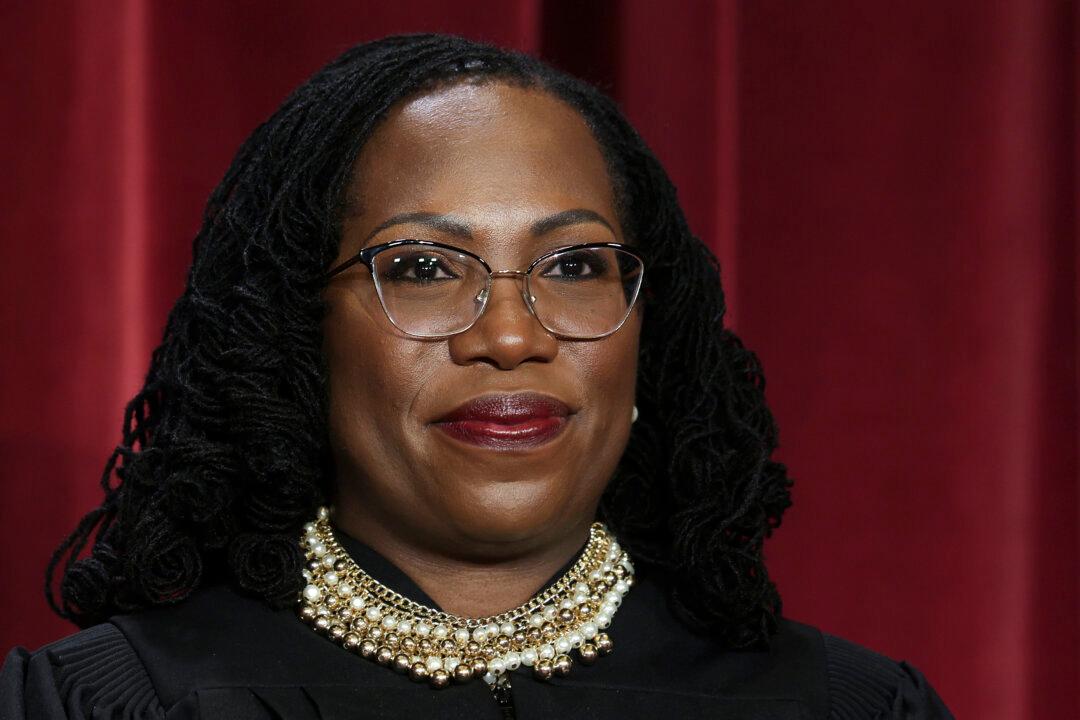U.S. Supreme Court Justice Ketanji Brown Jackson on May 13 dissented as most of her fellow justices rejected a request from a death row inmate.
Gustavo Tijerina Sandoval wanted the nation’s top court to consider arguments against how potential jurors were gathered without him being present and when jury selection began. Mr. Sandoval, a Mexican native who was convicted of capital murder after killing an off-duty Border Patrol agent in 2014, said his constitutional rights to due process were violated by how the jury selection unfolded.





